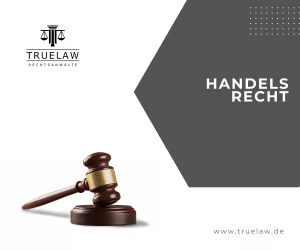Labour law | The European Court of Justice had to answer the question in a preliminary ruling procedure (Case C-217/20) as to whether, when determining holiday pay, it may be taken into account that pay was reduced in the previous reference period due to sickness-related incapacity to work.
The specific case concerned a plaintiff who, as an employee of the Dutch tax administration, had been declared partially unable to work for an extended period of time since 24 November 2015 due to illness. In the first year of his incapacity for work, he received a regular salary of 100%; in the following year, from 24 November 2016, 70% of this amount was paid. For the hours in which the plaintiff was considered fit for work, he again received 100% of his salary. During the plaintiff’s annual leave from 25 July 2017 to 17 August 2017, his remuneration amounted to 70% of the salary he had received since 24 November 2016. The plaintiff appealed against this at the Dutch district court, which asked the European Court of Justice to interpret the Working Time Directive in this context.
The European Court of Justice has answered this to the effect that Art. 7 para. 1 of Directive 2003/88/EC concerning certain aspects of the organisation of working time must be interpreted as precluding national legislation and practice under which, when an employee who is unable to work due to illness exercises his right to be paid the annual leave, the reduction in pay which he received during the working period preceding the period of annual leave is taken into account for the purpose of determining the pay which he will receive during his paid annual leave. The court reasoned that the occurrence of incapacity for work due to illness is generally not foreseeable and is independent of the employee’s will. Consequently, it follows that the entitlement to paid minimum annual leave granted under EU law cannot be reduced by the fact that employees were unable to fulfil their work obligations due to illness during the reference period. Rather, such employees should be treated in the same way as those who worked during this period.
Reference source: Press Office of the European Court of Justice, press release of 09/12/2021




